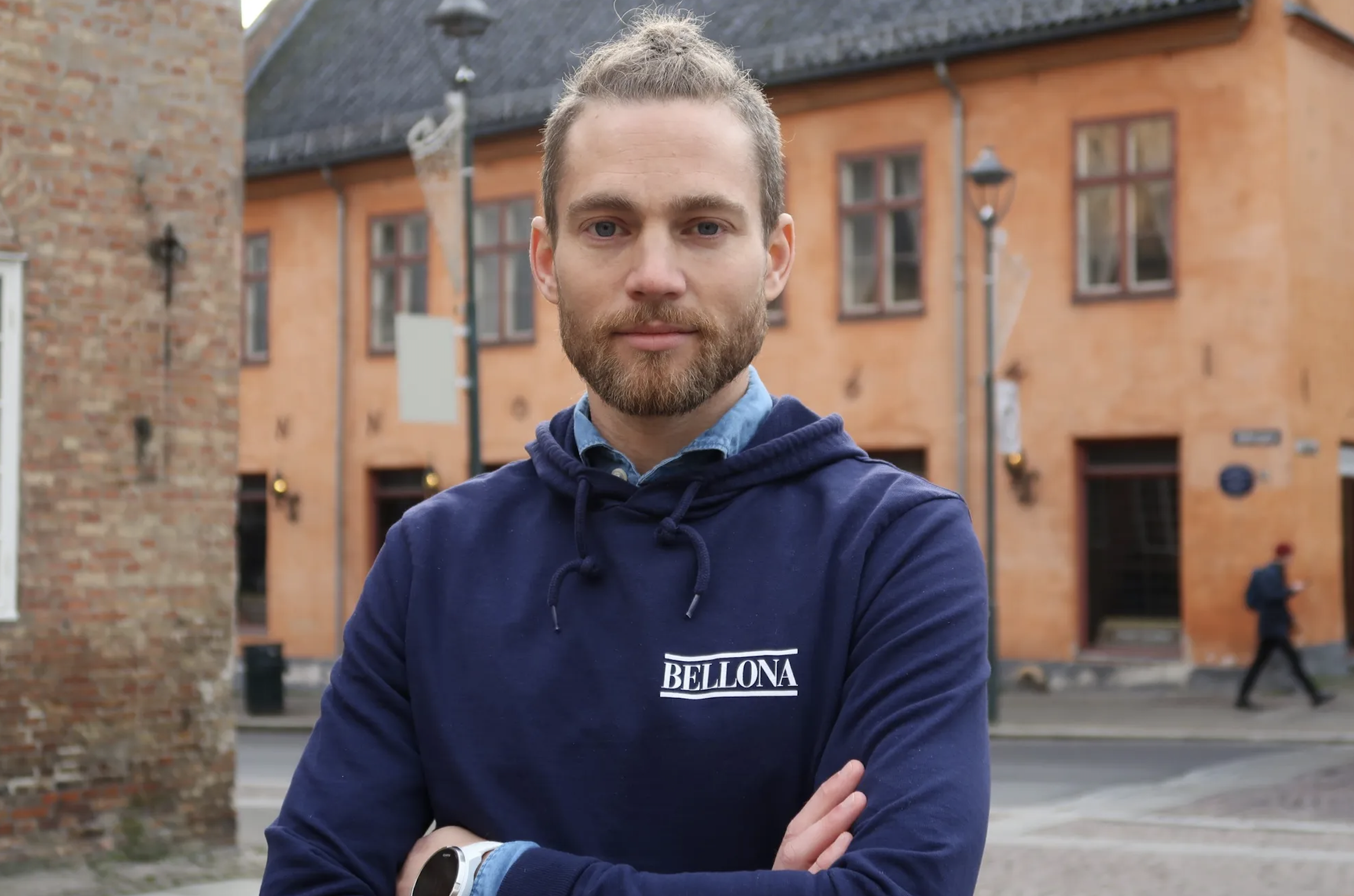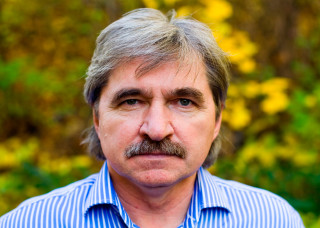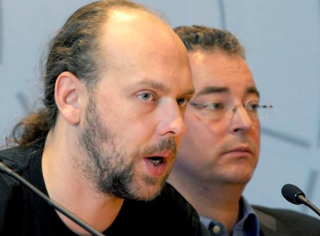
Not whether, but how fast on CO₂ storage in Norway
The following op-ed by Eivind Berstad, Bellona’s CCS team leader, originally appeared in Teknisk Ukbladet. When the European Free Trade Associatio...
News

Publish date: August 29, 2014
Written by: ERC Bellona
News
ST. PETERSBURG – Members of the Public Chamber of Russia’s state nuclear corporation Rosatom have expressed their concerns over repeated complaints that the Russian foreign agent law is being abused to intimidate “inconvenient” nonprofits and NGOs. Alexander Niktin, chairman of the Environmental Rights Center (ERC) Bellona was one of five members of Rosatom’s public chamber to sign a letter to that effect.
The authors of the appeal (in Russian) expressed their worry that Rosatom’s public chamber would be tangled up in the foreign agents law against NGOs engaged in so called anti nuclear activity. The other authors of the appeal, aside from Nikitin, include Alexei Toropov, Mikhail Rydov and Sergei Zhavoronkin.

It’s not an unlikely fate for the public council, given the case of Ecodefense, which in June became the first environmental and anti-nuclear NGO to be slapped with the foreign agent label by Russia’s Ministry of Justice under a new June 4 law signed by President Vladimir Putin allowing the ministry to name foreign agents for itself.
Putin’s new law sends NGOs into long, expensive court proceedings, which will break many of them, and puts the legal onus on the them to prove they are not foreign agents.
When Ecodefense was initially informed it had been added to the foreign agent list, it was told that its protests against the building of the Baltic Nuclear Power Plant, which were halted, were tantamount to protesting against the government itself.
Ecodefense was to have its day in court earlier this month, but the case was continued until September 4. Ecodefense is also countersuing the Justice Ministry for branding it with the Soviet moniker without any prosecutorial evidence that it’s run afoul of he law.
The Rosatom Public Council statement read in part that “we assume that no position of NGOs relative to nuclear power, including those holding a remonstrative position, can be held as a justification for limiting the work of NGOs, to say nothing of their persecution.”
Putin, apparently dissatisfied with the number of NGOs that had registered with the Justice Ministry and self-applied the term foreign agent – of which, by early summer there was only one – and disgruntled that sweeping prosecutors’ raids of NGOs weren’t discovering sufficient evidence of treasonous activity, the Russian president signed the June 4 law directing the Justice Ministry to name foreign agents itself.
The law on foreign agents even in its original iteration, which took effect in November 2012, was a lightning rod of criticism from both Russian and foreign observers, who said its intention was to create a legal framework to discredit, persecute and pressure any nonprofit that expressed an opinion piquing the Kremlin’s delicate sensibilities.
Aside from Ecodefense, the Justice Ministry has thus far declared four other Russian human rights big leaguers to be foreign agents: Memorial, whose first leader was Anderi Sakharov, Agora, Public Verdict, and Lawyers for Constitutional Rights and Freedoms (JURIX).On August 8, a Court in Saratov ruled another NGO, the Partnership for Development, led by environmentalist Olga Pitsunova, was a foreign agent as well.
Prosecutors in the case relied on an anonymous information that the group was received a grant from the United States to perform work to “weaken the Euroasian Union,” a pet project of Putin’s mean to create Soviet-style economic ties between Belarus, Kazakhstan and Russia, according to Radio Liberty’s Russian service.
More ominously, the Partnership for Development has also led activities opposing nuclear power. Specifically, the group has spoken out against projects conducted by the Saratov region of RosRAO, the federal body responsible for handling Russia’s nuclear waste.
Nikolai Rybakov, executive director of ERC Bellona, has said the Justice Ministry’s appellations of the foreign agent label “go against common sense and the true interests of the country.”
Vladimir Slivyak, Ecodefense’s co-chair, meanwhile posted on his Facebook page today a letter his organization received from the Justice Ministry accusing it of trying to influence state policy by protesting against the Baltic NPP, and of trying to “coerce” the Russian government into joining the Aarhus Convention, which assures public access to governmental decision making on projects that would affect the environment.

Ironically, Russia’s decision to join the Aarhus Convention has been on the docket for some time. As shown in a 2011 assignment list (in Russian) for members of the Russian government and Putin himself, joining the Aarhus Convention has been an intention of the government for some three years.
As stated in appeal from members of Rosatom’s Public Chamber, RosRAO representatives have publicly denied allegations that the Partnership for Development ended up on the foreign agent list as a result of its own initiative. In fact, RosRAO likened the NGOs inclusion on the foreign agent roster to a “wrench in the wheels…negatively impacting public hearings and harming the corporation [RosRAO].”
In conclusion, the Rosatom Public Chamber wrote that, “A host of NGOs in many countries in accord with national laws openly express their disagreement with the use of nuclear energy and the industries that are tied to its production. This is a democratic right of citizens and should be a normal phenomenon in our country.”
Bellona and Rosatom have held four annual conferences entitled “Results of International Cooperation and Enhancing Nuclear and Radiation Safety in the Russian Northwest,” that have all been characterized by a spirit of mutual respect, and a great deal of Russian NGO input.

The following op-ed by Eivind Berstad, Bellona’s CCS team leader, originally appeared in Teknisk Ukbladet. When the European Free Trade Associatio...

For the past eight years, disinformation has dominated news around elections all over the world. Despite this, it is still a widely misunderstood con...

A ruling by the European Free Trade Association Court that Norway’s continental shelf falls under the European Economic Area Agreement could dramatic...

Bellona held a seminar on countering Russian disinformation in the Arctic at the Arctic Frontiers international conference in Norway